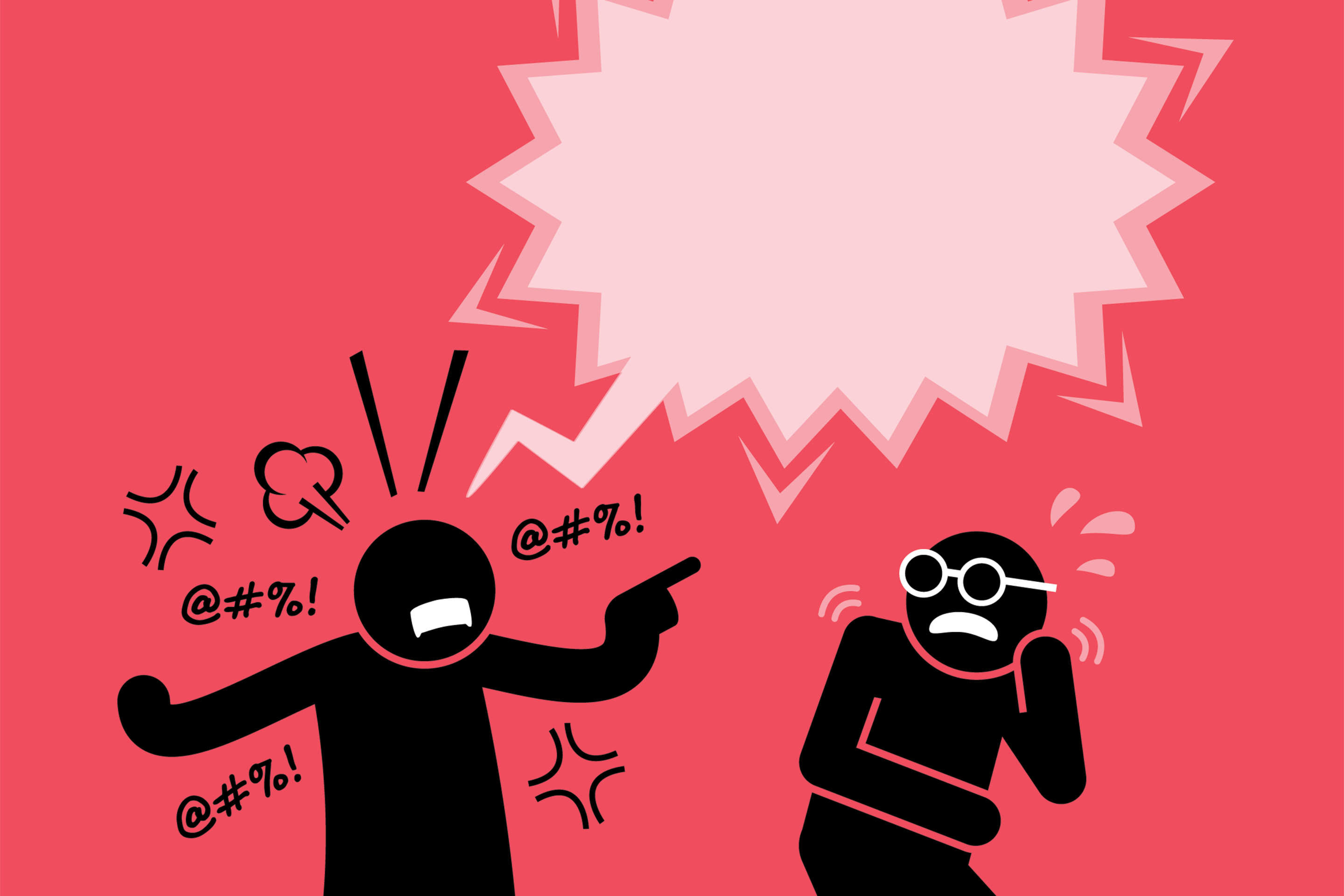
I wrote a post recently about hate speech and censorship. Essentially, there’s nothing that we can do to stop it. But, organizations like Facebook and YouTube, should be able to address it based on their terms of use policies. This has been a big criticism of Facebook’s for a while now – they don’t seem to be able to remove the proper posts that are offensive. They have reportedly hired more people to troll their own platform to remove any content that may be contrary to their Community Guidelines, but it’s still happening. Just one day after Facebook was criticized for rejecting a promoted post from the nonprofit investigative journalism outlet Reveal, Instagram has now reportedly removed a video from ProPublica’s account.
There are three things that we should note about this particular scenario. 1) Yes, we know that Facebook and Instagram aren’t the same, but Instagram is owned by Facebook. 2) This video was posted in October 2017, and 3) it showed footage of violent protests which identified members of white supremacists groups. Instagram didn’t provide a way for ProPublica to appeal this decision, nor did they provide an explanation as to why the video was removed. Not only that, but it’s been about 8 months since the video was posted, so why is it an issue all of a sudden?

The video is still available on YouTube, and you’re more than welcome to track it down. We are not going to provide that here. That said, what the video does is “out” a white supremacist group known as the Rise Above Movement or RAM, who are based out of California. What ProPublica is doing is highlighting the ideology of hate that the group and some of its members are prone to promoting. Did ProPublica take it too far by providing the names, hometowns and the criminal records of some of these members? That’s a tough one. On one hand, there’s this idea of “free speech”, but on the other hand, there’s this idea that maybe that’s taking it too far.
Instagram’s community guidelines note that they will remove content that includes “personal information meant to blackmail or harass someone”. So there you have it – that’s why the video was removed from Instagram recently, but why was it allowed to stay up in the first place? But here’s where it gets interesting – Instagram didn’t mean to take the video down in the first place. They sent a message to the poster and indicated:
“We removed [the videos] by mistake and they have been restored. We have also taken steps to prevent this from happening again.”

Huh? So it’s ok to post this kind of video on Instagram? Why does this outrage me? Well, this particular scenario is coming on the heels of Facebook preventing Reveal from promoting an article about a lawsuit related to an immigrant children detention center that was allegedly injecting kids with drugs. Facebook removed that post indicating that it was “political content”. So what is this? Please don’t get me wrong, I am not on the side of the white supremacists, but at the same time, this video is not “better” than the post that Facebook removed.
In my previous post, I took a controversial stance on hate speech, and this is not really any different. ProPublica shouldn’t have been allowed to post that video in the first place. Regardless of how I personally feel about white supremacists, Instagram’s rules should be clear. And they’re not. In fact, a number of news organizations have been punished by Facebook for sharing political content. The two companies aren’t the same, I understand that, but these kinds of policies should apply across the board – especially given what they are trying to prevent.

That said, I want to say that two wrongs don’t make a right. I think white supremacists are abhorrent, but I don’t believe in “outing” them on Instagram is the solution. Both of these actions are wrong. Is one worse than the other? Absolutely, but I don’t think that you can fight fire with fire. I mean, that’s just going to make the fire worse, isn’t it? When it comes to the policies, Facebook, Instagram and whoever else is involved need to figure out how to address these kinds of scenarios as well. It might not be hate speech, and it might not be a crime, but it’s making the situation worse.



